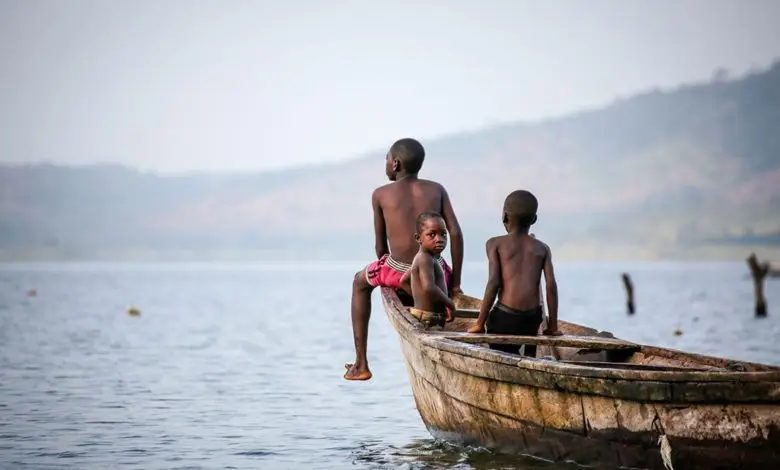It is still hard for me to write this but I suppose one has to. Someone has to write his story or else his life would be for nothing. Never mentioned, never talked about anyone outside his fishing village. A short and uneventful life, until the day he drowned.
As it were, everyone around here owns something that someone else wants to own. But in fishing villages, as life revolves mostly around fishing, eating, boozing and procreating (or practicing for it) it makes a lot of difference whether you own a boat or just the desire to own it. Same goes for oars, nets, even boots. And hoes. Whatever you want – you pay to use it, unless you have enough money to buy it.
If a guy owns a fishing net, he can lease it to one crew in the morning, another crew in the afternoon and third crew for the night. That’s a handsome sum in fishermen terms as he is now the boss, he does not need to stand in cold water up to his waist, pulling the nets and praying hard that there is some miserable fish caught in them, while also praying that his external organs remain in place and don’t fall off in the cold. He’s the boss now, others do the prayers, he sits under the tree by the roadside and waits for his net to be returned so he hands over to the next ball-freezing lot.
These small guys, they suffer. Rowing the boats day in, day out, pulling the nets day in, day out. Sometimes a great catch wiggles in the net, sometimes a clever fish jumps over the net floating in the murky water, sometimes all that work is for nothing, just plain nothing, not even the remnants of a fish or a bird or a jerrycan, plain nothing.
This guy never owned a thing that’s useful for fishing. Mulokole, they say. I saw him many times walking up and down the beach by our house. I just never registered who he was. I never had a conversation with him. I probably said hello a few times but I can’t recall his face. When they tried to explain who he was, they described him and the description fits just about any of the fishermen. He was somebody I never took notice of.
On the faithful day, he and his buddy leased a net, two oars and a leaky boat. It was a gray day with no indications that anything was going to happen. Just another day, very plain and ordinary. They went out a few times and the catch was a waste of time. But they paid for the gear and weren’t going to let go so easily. Yet when you have a feeling that things are not going in the right direction, you should pause. Stop insisting. Let go.
They weren’t even that far away from the shore when the boat gave in. The hole no one attended to just let all the lake come into the boat at once. Mulokole sank like a block of lead. He couldn’t swim. His buddy held onto the boat and was rescued shortly after by the guys from the fish farm who figured there was an accident since it’s seldom that they find people screaming in the water.
So the village officials mounted a search and were just having a break when I came back from town. “We were searching the whole day” LC1 Chairman told me. “He will turn up tomorrow” I assured him.
True enough, the following day, despite continuous search in the area where he sunk, Mulokole’s lifeless body emerged gently lulling in the water, in the corner of our beach, right by the gap in the fence he cut while alive, for his easy access to our beach where he liked to work from. He was there, drowned, and I was in Kampala, seeing his body, face-down in the lake, water glimmering over his naked back and limbs.
Tonight, the waves are a bit stronger, hitting against the sand – it is the rainy season after all and it’s often stormy and windy at night. He came to me to ask for this story to be written or else no one will ever know about him. He said it did not matter if I didn’t know his name, his tribe, his anything. He said he just wants to be remembered by anyone who cares to remember him, and he knew I can help if only I will write this down. And so I did.

